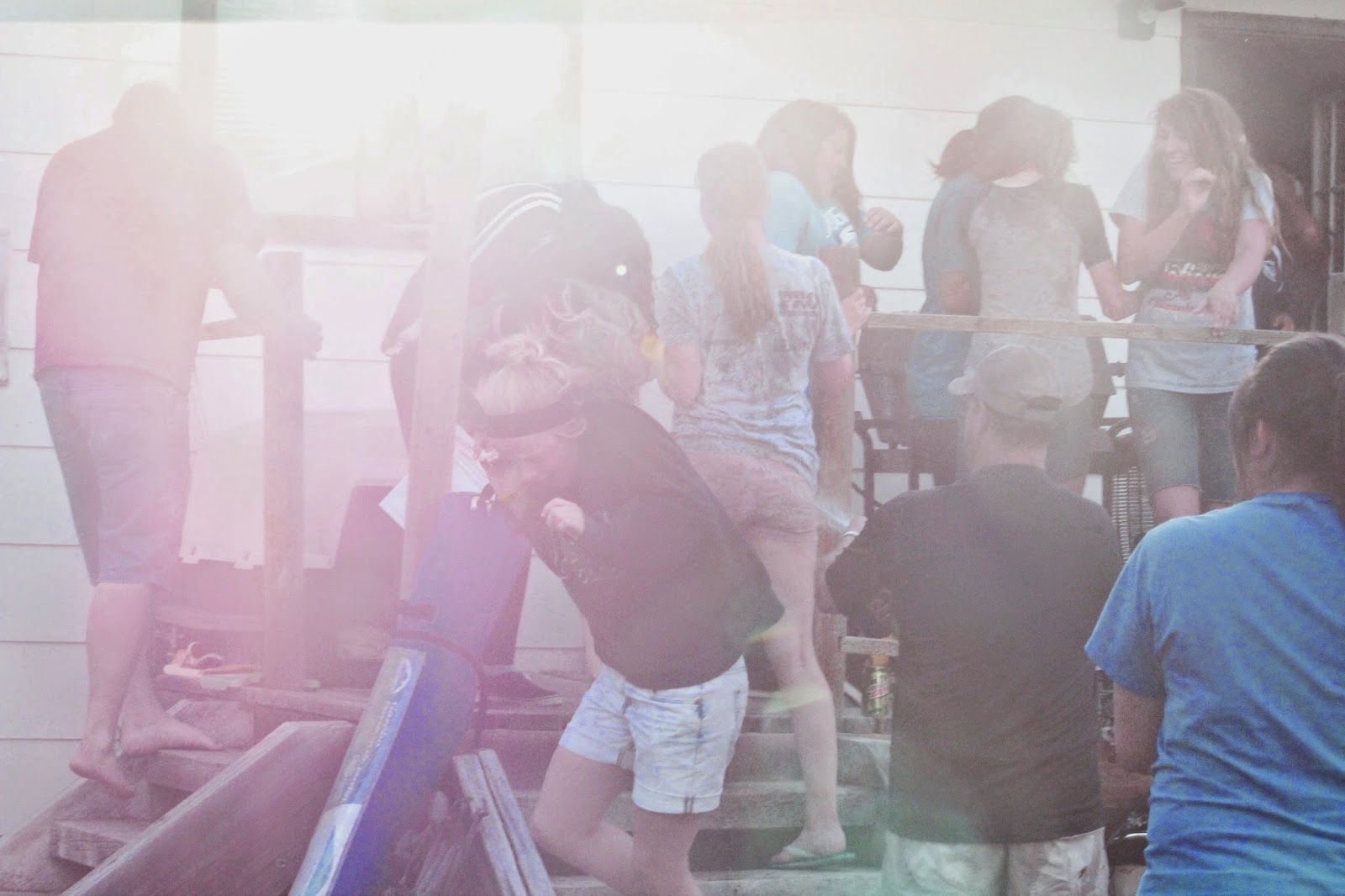SONNY MANYGREYHORSES
Position(s) Played: Prop and Number 8
Year in School: Grade 12
Years playing Rugby: 3
Favourite Food: Subway!
Favourite Subject: Social Studies
Hobbies: Writing
Favourite Quote:"You are never really playing an opponent. You are playing yourself, your own highest standards, and when you reach your limits, that is real joy." -Arthur Ashe
Sonny prides herself in being the Most Aggressive Senior Varsity Rugby Player. Her Role model is Sonny Bill Williams because "I want to play rugby like him someday." What do you Love about Rugby?
Tackling and winning rucks.
Why did you join Rugby?
I joined Rugby because it looked like a tough sport. You tackle, ruck and have fun!
What is the most exciting part of a game for you?
When one of my teammates breaks through the opposing teams line and scores a try.
When you mess up on the field, what positive self-talk do you give yourself to get back in the game?
I shake it off and tell myself to get the next tackle or win the next ruck, like making up for the mistake.
What would you tell a girl down on herself in a game?
I would congratulate her on the smart choices she does in the game and tell her the team needs her, just say positive things to try and lift her up.
What motivates you to work hard in practices?
I think working hard in practices improves your performance in a game. I always want to do better so I work hard in practice to play my best in a game.
What advice would you give to girls coming out to play next year?
Work hard, don't give up and practice how you would play in a game.
Who inspired you to do well, or had a positive affect on you?
Anything the coaches or another teammate says to me about how well I played or what I did that helped the team advance in a game is something that always has a positive effect on me and motivates me to try harder and play even better.

JV MVP 2014:
SERENA NORTON
Position(s) Played: Every Position (except Prop), Primarily Fullback
Year in School: Grade 9
Years playing Rugby: 3 years
Favourite Food: Rice and Chicken
Favourite Subject: Language
Hobbies: Long boarding and listening to Music
Favourite quote: "Everyday is a second chance."
Serena has participated in zones since grade 7, and was asked to try out for team Alberta. Her Role Model is her Dad, "because of how he always expects the best from me, and will always push me to my limits, but still love me unconditionally if i can't do something. I love him with all my heart."
What do you Love about Rugby?
I love the game mostly. I think the rules are interesting, but my ultimate favourite thing is the adrenaline you get before you hit, or tackle somebody. It goes in slow motion for me.
What is the most exciting part of a game for you?
When I kick the ball.
When you mess up on the field, what positive self-talk do you give yourself to get back in the game?
Dr. Clarke told me this, " If you miss a tackle, or screw up, just think.. 14 other girls messed up too." It's so true!
What would you tell a girl down on herself in a game?
Don't worry about it! Prove everyone that you didn't mean to mess up by running harder, or hitting harder.
What motivates you to work hard in practices?
The other girls really motivate me when I'm in practices, but I also motivate myself by thinking, " I'll be stronger, faster, and have more endurance once I'm done this season."
What advice would you give to girls coming out to play next year?
If you wanna play and wanna have a love for this sport, and be ready for killer practices, and fun games and have a chance to bond with some of the best friends you can ever get, then come on over and play. But if that's not for you then its all good still!
Who inspired you to do well, or had a positive affect on you?
Maddy Tailfeathers, Nikki Tondevold, Ashley Freeman and All the coaches really motivated me and pushed me to try my hardest.









































